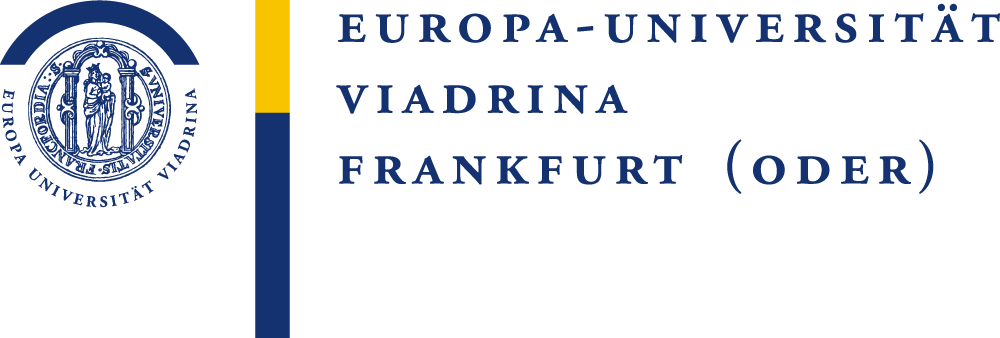TECHNOLOGY AT WORK
Current projects:
The Algorithms as your Boss? Platformization and Decent Work
TECHNOLOGY AND DEMOCRACY
Digitization has become deeply embedded in all aspects of human life, including democratic governance. It allows for a much better informed citizenry and new forms of direct democracy, potentially reshaping the relationship between those who govern and those who are governed. New transnational communities and structures of protest and political power emerge.
However deeply embedded technological infrastructures also challenge both democracy and human rights. Algorithms driven by artificial intelligence pre-structure the news selected on our mobiles and computers and can produce ideological islands and filter-bubbles. Authoritarian governments are using a wide array of digital technologies to control and suppress opposition groups and unwelcome opinions. Even democratic governments do not shy away from establishing sophisticated surveillance mechanisms that challenge the very concept of human autonomy.
How can we make good use of the opportunities for democracy and how to prevent the dangers?
Current project:
Past projects:
Ethics of Algorithms
Network Disconnection
Biometrics in Smart Borders
TECHNOLOGY IN CONFLICT
Power and authority are rapidly shifting in global politics. In the context of a shift towards a more multi-polar world, having access to information and to leading technologies is becoming ever more important, often even substituting hard power as the main driver of change. Digital technologies allow even small states like Estonia or North Korea to punch above their weight and swiftly growing powers like China or India to establish their leadership role in the digital age.
Digitization is evidently having a massive impact on international relations. Control of the Internet has become a new battlefield for diplomacy. Export and arms control regimes struggle with the massive spread of digital technologies which enable both cyber attacks and human rights abuses. States are torn between their responsibility to protect their own citizens and their need to fulfil international obligations to promote peace and security. States are joined by a vast and diverse group of other actors vying for power, from NGOs, international organisations and hackers on the one hand, to vast private corporations, social movements and extremists on the other.
What is the impact of digitisation on domestic and international conflicts? Will closer communicative integration foster mutual understanding and peace, or will it lead to constant struggle, conflict and suffering?
Past projects:
Internet Policy in Eastern Partnership Countries
Export Controls of Surveillance Technologies

